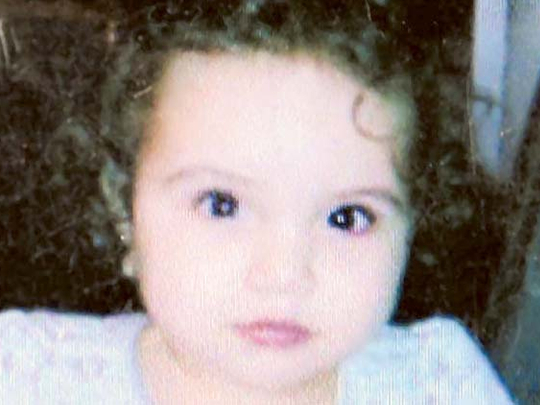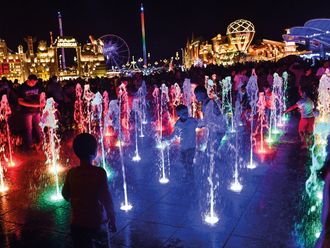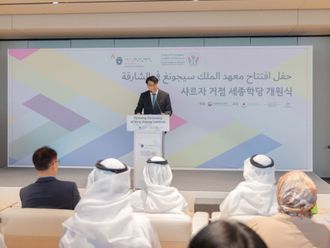
Sharjah: Authorities suspect pesticide poisoning could be behind the tragic death of toddler Habiba Hesham Abdul Rahman on Saturday.
Doctors had said on Monday the child’s death was due to food poisoning but investigations have now revealed that two-year-old Habiba and her brother Abdul Rahman, 6, could have been exposed to dangerous pesticides.
A hospital official told Gulf News: “When Habiba’s father was initially interviewed, he never mentioned anything about the children coming into contact with pesticides, only that the children were sick after eating snacks and drinking juice. On further interviews yesterday, he told how their next door neighbour had used pesticides and children were both exposed to them, this has led authorities down another line of investigation.”
Dr Khalid Khalfan, paediatric surgery consultant at Al Qasimi Hospital in Sharjah, told Gulf News that hospital authorities sat with the child’s father Hesham Abdul Rahman, asking him to recall the Egyptian family’s activities in the days leading to the tragedy.
That was when Hesham recalled that his neighbours had used pesticides at their flat before leaving for their home country, India, three days before the children fell ill.
Doctors at Al Qasimi hospital reported the matter to Sharjah police and to Sharjah Municipality. A team of investigators from the civic body inspected the flat, near the Municipality Roundabout in Sharjah, late on Monday night.
According to police officials, the team of investigators inspected the flat and found ten capsules of aluminium phosphide.
“It looks like small white balls,” a Sharjah Police official said.
On Tuesday morning, a team from a forensic laboratory went to the hospital and took samples from Habiba’s brother Abdul Rahman.
Habiba had earlier been buried without an autopsy being conducted, an official said.
Hesham told Gulf News that he refused police requests to exhume his daughter’s body in order to carry out an autopsy and insisted that samples would have to be taken from his son instead.
He said: “I am not worried about the investigation or the cause of my daughter’s death, the matter is finished, she is gone, that is why I refused to have her body taken back for an autopsy, nothing will bring her back, now I just want my son to be okay.”
Crying, Habiba’s mother added: “Please now pray for my son, please pray that he recovers.”
The fatality rate from aluminium phosphide poisoning is between 60-80 per cent of all cases, and no antidote exists, Dr Khalfan said.
The product is banned for household and personal use in the UAE but many shopkeepers still sell the pest control product without due permission from authorities.
Meanwhile, Abdul Rahman’s condition continued to be critical as of the time of going to press, but there had been a slight improvement, Dr Khalfan said.
“The efficiency of his heart has increased slightly,” the doctor said.
Doctors at Al Qasimi hospital were constantly monitoring Abdul Rahman’s condition in the paediatric intensive care unit of the hospital.
Dr Khalfan added: “We are giving him optimal medical support to fight the toxins.”
Habiba was buried on Sunday in Sharjah.
Sharjah Municipality is conducting an investigation.












